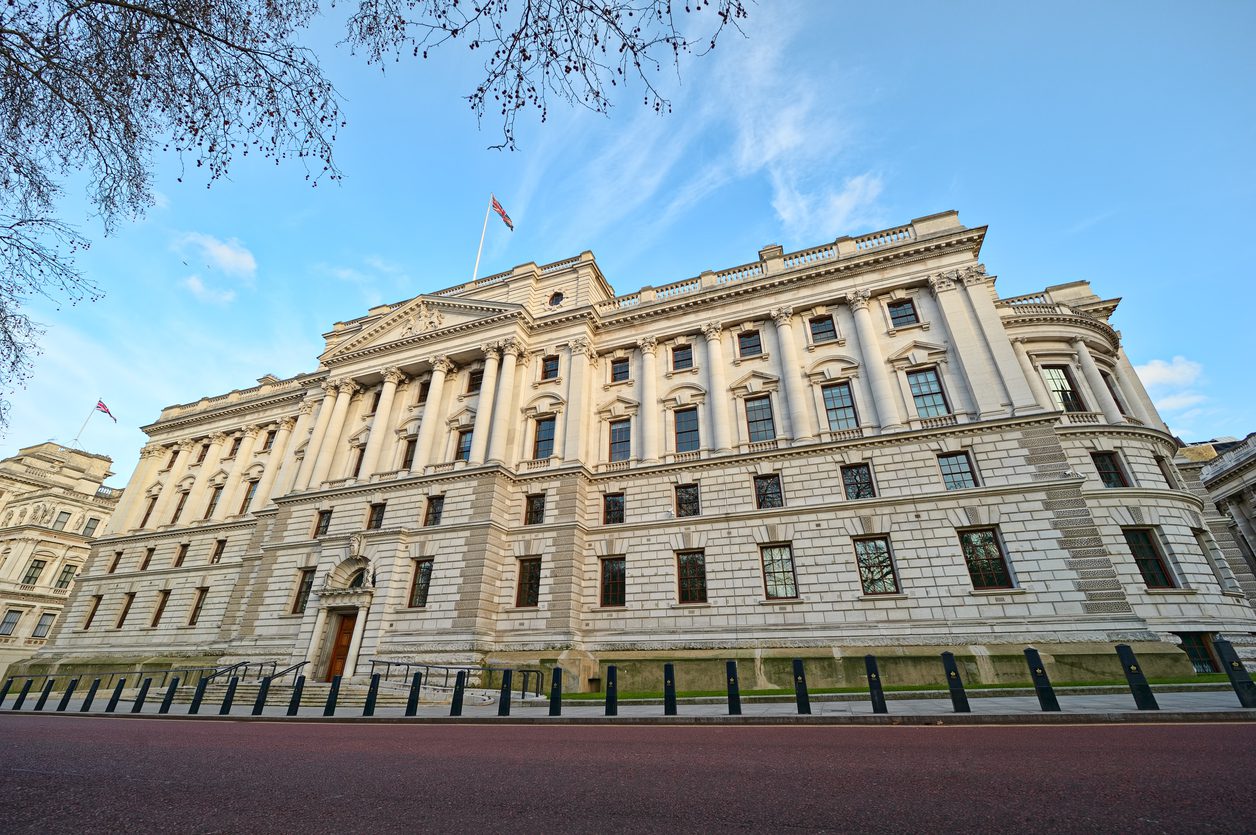Stamp duty often comes under the spotlight as we approach a government Budget announcement, but there’s more evidence than ever that a cut could spur on the private rented sector.
Major changes were last made to the thresholds and rates of stamp duty land tax (SDLT) in September 2022, when the minimum property value where the tax applied was raised to £250,000, and the brackets for properties priced higher than this were adjusted.
Anyone buying an additional home to their main residence – including property investors and buy-to-let landlords – must pay an additional 3% surcharge to pay on top of the rate for the value of the property. For some, this tax burden has acted as a deterrent, as the initial cost is too high.
But with the private rented sector continuing to face major supply issues in many parts of the country, as tenant numbers continue to rise due to a number of factors, many in the industry believe the government should take action to incentivise investment and provide much-needed homes for thousands of renters.
One such industry body is the National Residential Landlords Association (NRLA), which has petitioned the government several times to do more to support the sector and tackle the country’s housing crisis.
Calls for stamp duty levy to be scrapped
According to the NRLA, the government must consider scrapping the surcharge for landlords in its March budget, after new research found that it could create a surge of investment into the private rented sector; and this could have the knock-on effect of boosting tax revenues by £10bn due to the increased income and corporation tax being paid.
The research, by Capital Economic, estimated that removing the extra stamp duty for landlords could lead to an additional 900,000 extra properties purchased to be let out. The extra tax brought in from the income made on these properties would outweigh the revenue loss of the stamp duty levy.
This is the basis behind the NRLA’s argument that this extra stamp duty charge should be scrapped in the Chancellor’s 6th March budget, which would go some way towards solving the shortage of homes in the private rented sector, and making it a more appealing space in which to invest.
It would reverse the move initially made by then Chancellor George Osborne back in 2016, who brought in the stamp duty levy after arguing it would free up more homes for first-time buyers.
However, with sky-rocketing mortgage costs and the cost of living crisis, it’s become increasingly difficult for people to get onto the housing ladder anyway, pushing more to continue renting for longer.
Government should encourage investment
Ben Beadle, chief executive of the NRLA, said: “The Chancellor needs to pull out all the stops to tackle the housing crisis.
“Growing the private rented sector is not only vital if tenant demand is to be met, but it would also provide a substantial boost to Treasury coffers, enabling it invest in vital public services.
“It makes no sense to discourage investment in desperately needed private rented accommodation. Inaction will only result in more misery for prospective renters.”
This view is backed up by Paul Johnson, director of the Institute for Fiscal Studies, who pointed out in an article in The Times that landlords are being forced to increase rents in order to cover additional costs such as taxation, which of course has a negative effect on tenants.
He said: “Landlords generally are not top of the list when looking for popular tax cuts, but, again, we need to look harder at the actual impact of these taxes.
“They limit the number of properties available for rent. They therefore raise the prices faced by renters. The taxation of rental housing more generally has become increasingly penal.”
Speculation on what will be included in the March budget is rife, and the fact that there will be a General Election later this year is highly likely to influence the “giveaways” the government might offer. Income tax, National Insurance and inheritance tax could all be up to chop, according to some forecasts.
While the government has given no indication that stamp duty will be looked at, it could be something that is considered in a bid to boost housing supply in the private rented sector.










